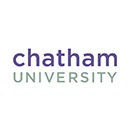Programme Type: Postgraduate
Course Overview
Employability
Learning disability nursing as a career
The course will enable you to develop a wide range of employability skills through the emphasis on a vocational approach to teaching which leads to a professional qualification leading to registration with the Nursing and Midwifery Council (NMC).
There is an increasing body of research that shows the need for learning disability nurses as a specialist resource to address health inequalities experienced by people with learning disabilities. The course will give you the specialist knowledge and skills to work in a wide range of services, and the confidence to work collaboratively with people with learning disabilities, their families and carers, and other professionals and agencies.
Role and responsibilities
As a learning disabilities nurse you would work with people of all ages to give them the skills and confidence they need to live as independently as possible. You'd be working as part of a multi-disciplinary team and be responsible for co-ordinating care plans with other healthcare professionals, as well as monitoring progress. A learning disabilities nurse would be responsible for making an initial assessment of a patient's health and social care needs.
Day-to-day duties would be likely to include help and encouragement with tasks such as personal hygiene, dressing, using public transport, shopping, leisure interests, making and attending appointments, and finding a job. Learning disabilities nursing also involves campaigning on behalf of those with learning disabilities, supporting the agenda for equality and trying to improve healthcare services for those with learning difficulties.
Working hours and salary
Nurses usually work around 37.5 hours a week, but this can include evenings, weekends, night shifts and bank holidays due to the need to provide 24-hour care for some patients.
Newly qualified nurses can expect to earn around £21,000 a year but with experience, this can rise to around £28,000. Those working as advanced practitioners, clinical specialists or managers can earn up to £40,000 and nursing consultants can earn up to £70,000 a year.
Career progression
Graduates of our BSc (Hons) programmes have gone on to work in NHS services, independent and voluntary sector services for children and adults, and in social care settings in managerial roles.
Successful graduates of the PgDip can top-up to MSc in one year and will be qualified to study a range of further specialist postgraduate pathways. With additional experience, advanced practice is available at Masters level with the potential to progress to doctorate studies. Once you are a registered nurse browse our online CPPD prospectus to find out what courses are on offer to help with your professional development.
Teaching and learning
You'll be expected to work as an independent adult learner, working alongside academic staff to expand and extend your knowledge, skills and attitudes as a critical scholar in the field of Intellectual Disabilities.
You'll be allocated a personal tutor, a cohort leader, and a course director, plus clinical mentors, and link lecturers whilst on placement.
The course makes use of the virtual learning environment MOODLE, an interactive based system for accurate and rapid information sharing, so course materials are available whenever you need them. A range of learning styles are employed, including visits from service users and their carers, to ensure the course remains contemporary and applied to real life situations.
Entry Requirement
Applicants will be considered on an individual basis but will normally require:
- A Bachelor’s degree with a minimum 2:2 classification. Candidates without a health or science related degree are required to complete a Life Sciences work book package to satisfy the Life Sciences element of the APL portfolio.
- In accordance with the Nursing and Midwifery Council (NMC) requirements, Maths and English GCSEs/equivalent (at C or above) are also required.
Those whom English is not their first language must achieve a minimum score of 7.0 overall or equivalent, with not less than 7.0 in the listening and reading sections and not less than 7.0 in the writing and speaking sections for the International English Language Test Score (IELTS) at the time of application.
Fees
The fee shown is for entry 2021/22
- UK fee: £9250
- International fee: £0
Total course fee:
- UK £18500
- International £0
This information was accurate on : 10/05/2021
Please contact us for more information about this courses


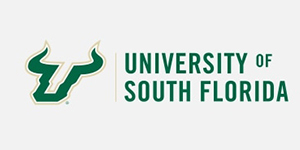
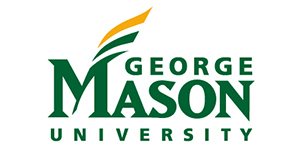
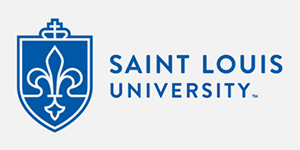


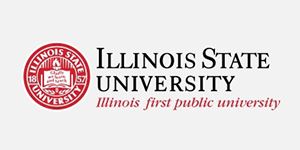
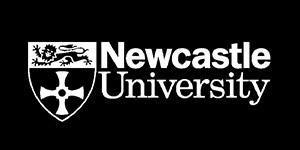
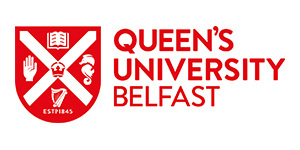

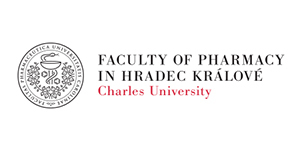


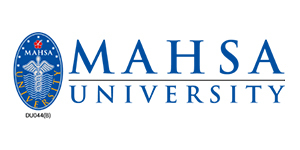

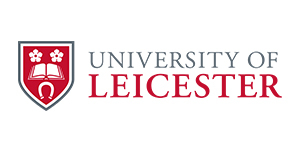



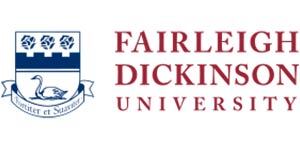

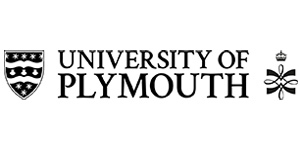

.jpg)
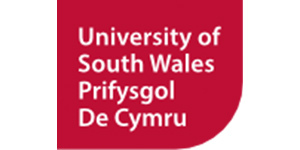

.jpg)

